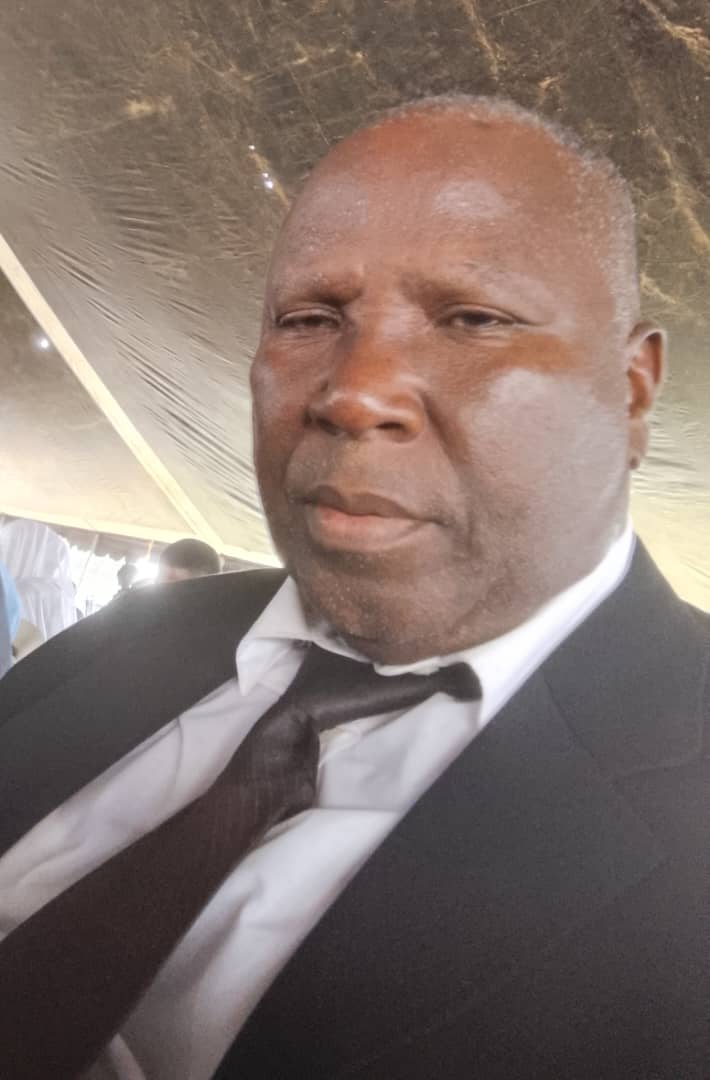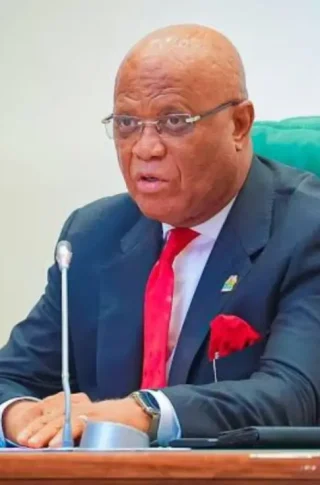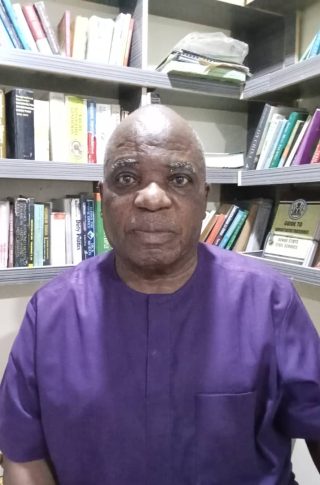
EXPOSED: How Illegal Mining and Agricultural Attacks Are Fueling Terrorism in Nigeria’s Middle-Belt – New Report Reveals Alarming Links
Beyond Bandages: Expert Report Uncovers Link Between Insecurity, Mineral Exploitation, and Agricultural Terrorism in Nigeria’s Middle-Belt
A groundbreaking policy paper titled “Beyond Bandages: Interrogating the Nexus Between Insecurity, Minerals and Agricultural Terrorism in Nigeria’s Middle-Belt” by security and development expert Dr. Alloy S. Ihuah has shed new light on the dangerous intersections between natural resource exploitation and escalating violence in the region.
First TV Online was on ground and reported the highlights of the presentation, which explores the deep-rooted causes and far-reaching impacts of insecurity in Nigeria’s Middle-Belt, where mineral wealth and agricultural activity have increasingly become flashpoints for conflict.
Key findings from the paper include:
The rise of illicit economies centered around mineral exploitation, which fuels violent conflict and benefits armed groups.
Weak institutional frameworks and governance failures that allow for unchecked resource extraction.
A growing sense of injustice and resentment among local communities excluded from the benefits of their natural resources.
Dr. Ihuah identifies critical conflict drivers such as:
Encroachment on grazing lands and the destruction of farm crops
Involvement of drug-fueled criminal militias
Scarcity of accessible water sources
Religious and ethnic manipulation
Judicial corruption and societal intolerance
On the nexus between insecurity, minerals, and agriculture, the report highlights:
Artisanal gold mining’s role in financing terrorist operations
Kidnapping and livestock theft as fundraising tools for armed groups
Agricultural terrorism as a tactic to destabilize food security and local economies
Money laundering as a key mechanism in sustaining terrorist networks
To address these challenges, Dr. Ihuah proposes a range of practical solutions, including:
Legalizing and regulating artisanal mining
Reforming the security sector and enhancing institutional capacity
Promoting cross-border and international collaboration
Investing in agricultural resilience and community-led development
Establishing specialized courts to address terrorism financing and economic crimes
Among the bold recommendations is a call for amending Nigeria’s Mining Act to devolve control of mineral resources to state governments, and for tighter collaboration between local communities and security agencies.
In conclusion, the paper emphasizes that no single measure will suffice. A holistic and sustained policy framework, grounded in justice and inclusive governance, is essential to break the cycle of violence and resource-based terrorism in the Middle-Belt.

About The Author
You Might Be Interested In











